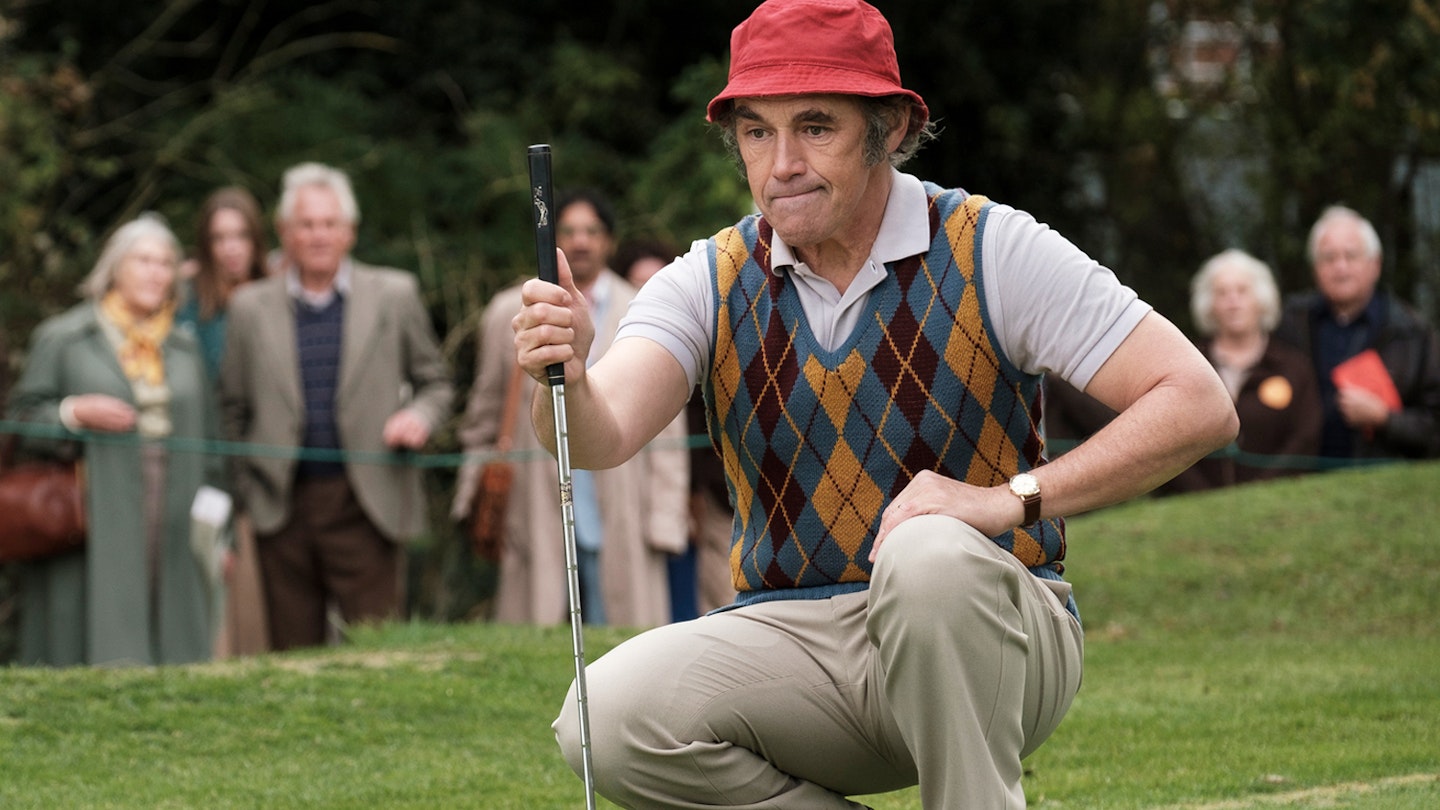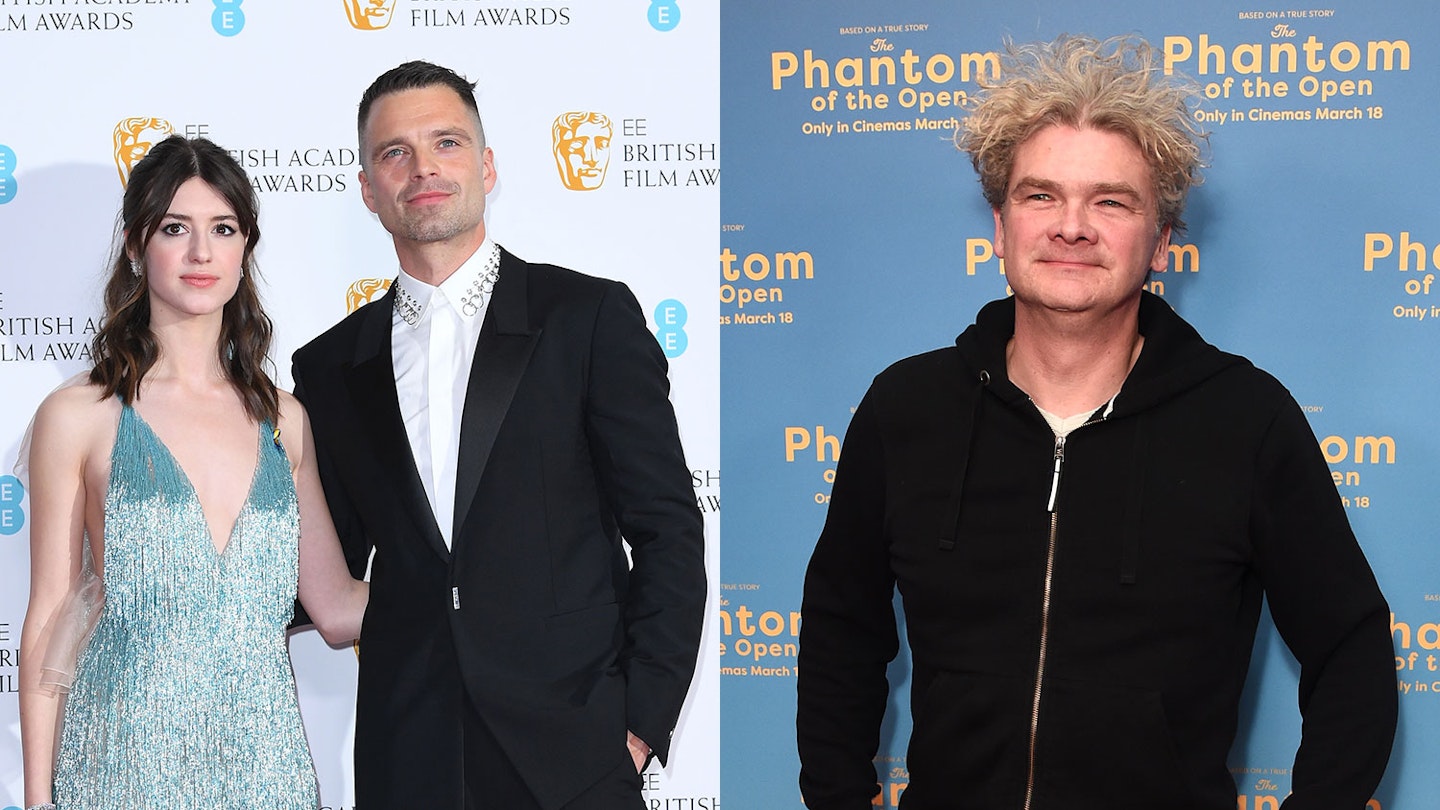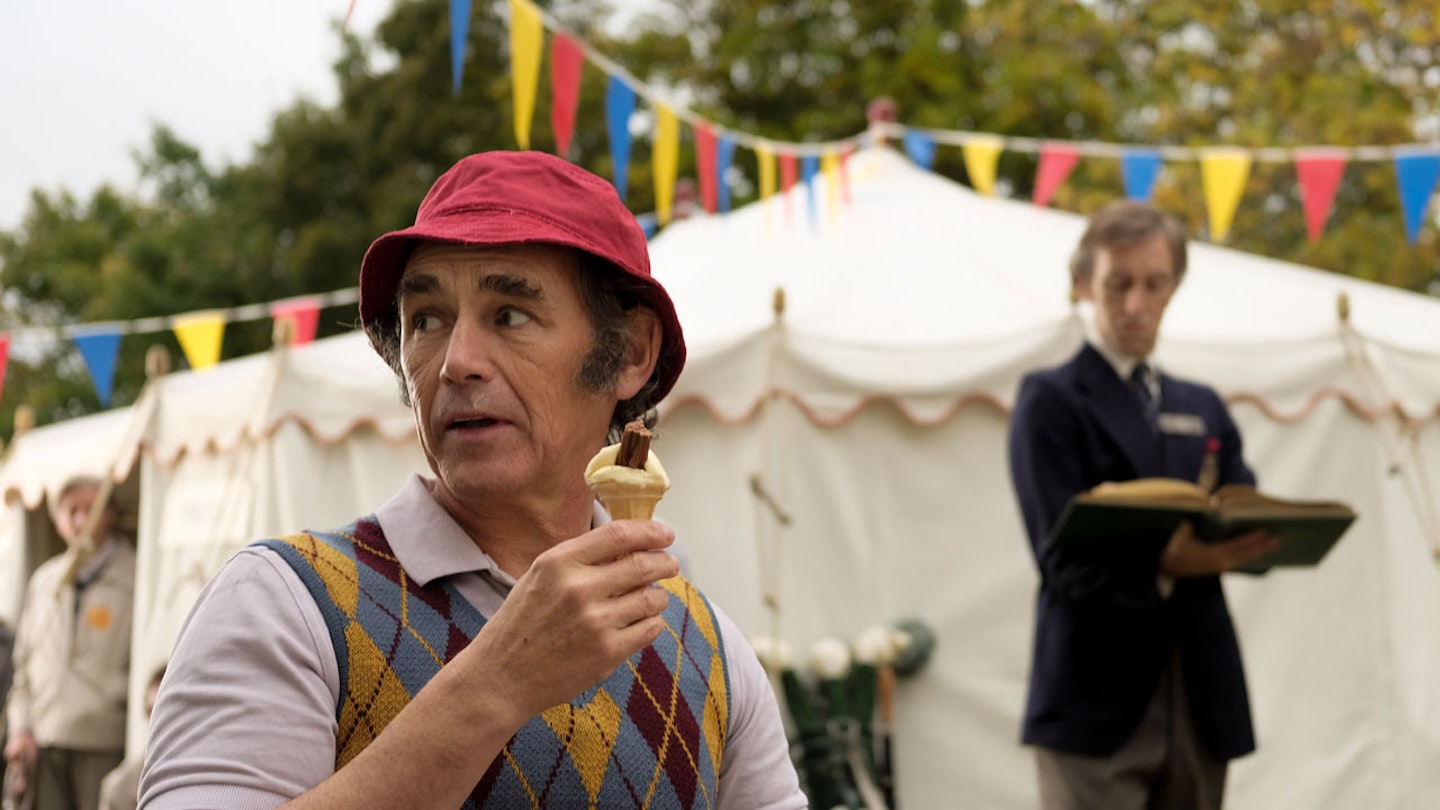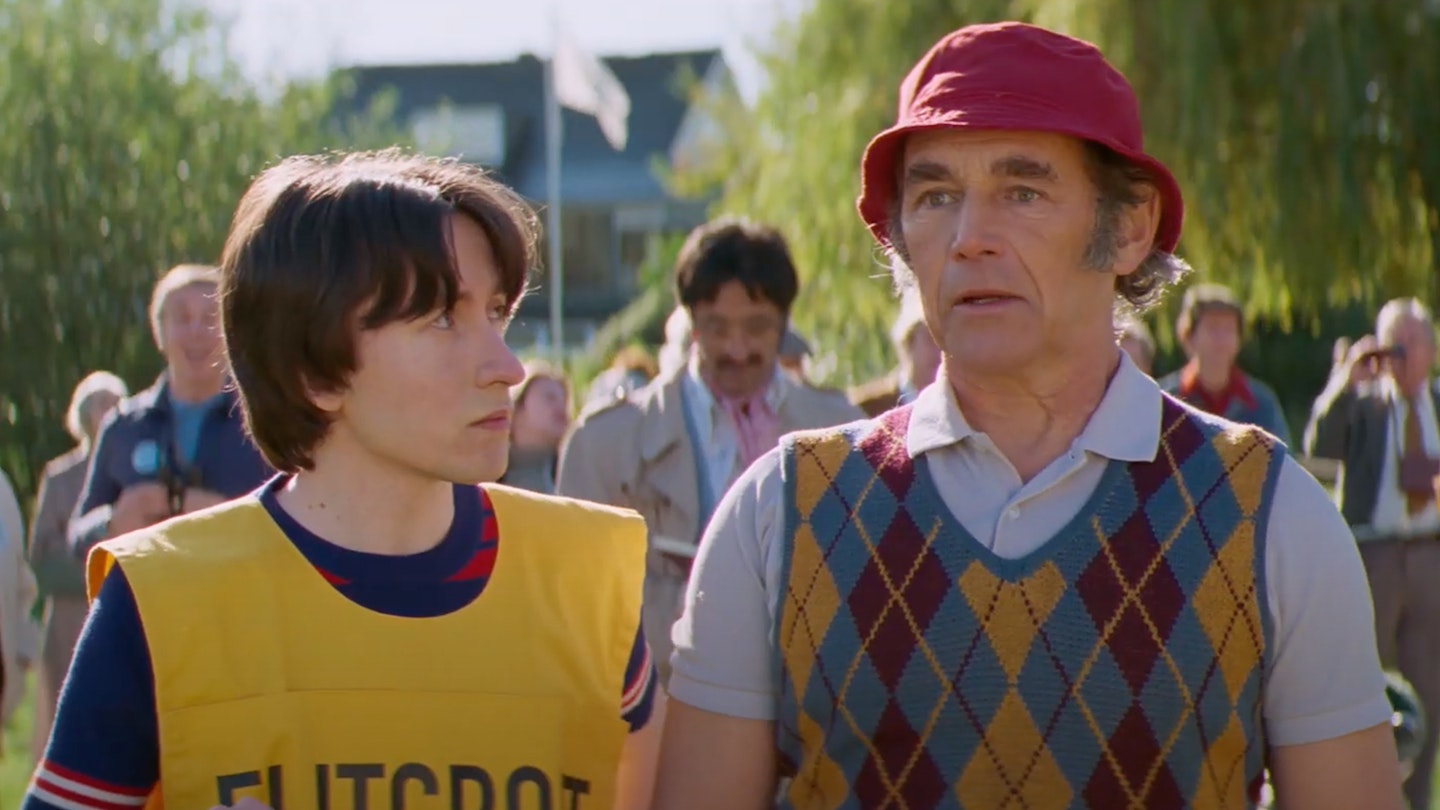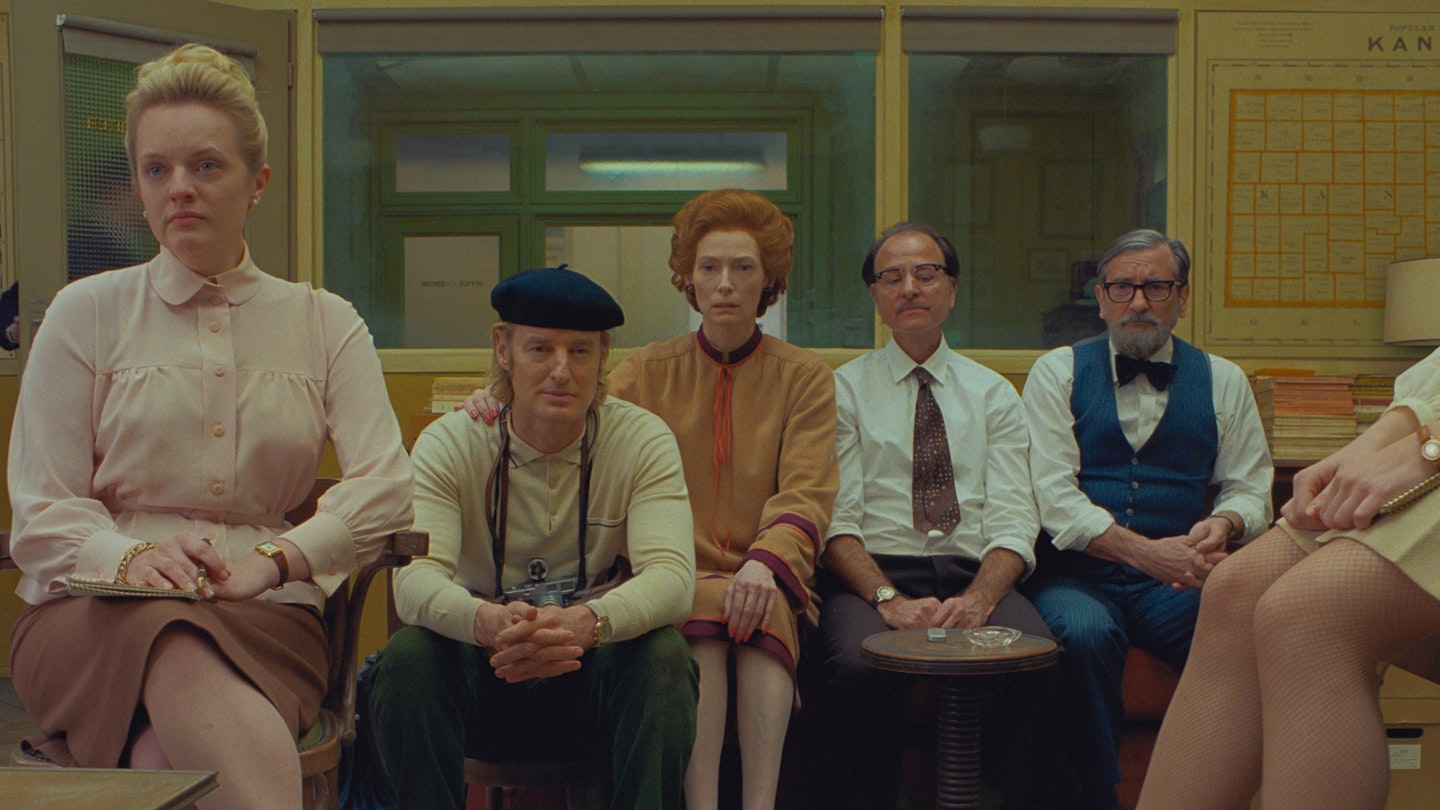The Phantom Of The Open is the kind of heart-warming, unlikely true-life tale that has become a mainstay of Brit cinema. Filed under the ‘triumph of the underdog’ sports-film subset — see Eddie The Eagle and Dream Horse — Craig Roberts’ third feature follows the template to a tee, but still comes up with a winning, likeable, zero-to-kinda-hero tale. Adapted by Simon Farnaby from the non-fiction book he co-wrote with Scott Murray, Phantom shares the good naturedness that runs through Farnaby’s Paddington 2 screenplay but lacks the tension and emotional heft to deliver a sucker punch.

The film follows shipyard crane operator Maurice Flitcroft (Mark Rylance, playing a kind of Paddington minus the duffel coat) who, approaching potential redundancy, took up golf, blagged his way into the 1976 Open Championship and became a quasi-folk hero for posting the worst round in the history of the tournament. Roberts sketches the Flitcroft’s family life in broad, voice-overed strokes before Maurice finds his true calling when he spots the US open playing one of his TV’s three channels, the moment delivered in charming lo-fi interstellar fantasy that sells the idea of this unlikely conversion. As Flitcroft starts his golfing odyssey, Roberts mixes visual pizzaz (fish-eye lenses) with crowd-pleasing gambits, be it training montages (there’s more ‘70s needle drops than Radio 2), cute dog reaction shots and comedy golf kart chases. The you-can-lose-at-sport-but-still-win-in-life messaging is loud and clear; it’s just all delivered in a scattershot manner.
There is a sharper film to be made here about the media’s fascination with failure, but Roberts plays it safe.
The facts of the story are so inherently filled with quirk — inspired by Maurice’s adventures, his twin sons (Jonah and Christian Lees) attempt to become world disco-dancing champions — you feel Roberts and Farnaby might have been better pushing against the whimsy. The closest the film comes to grit is in the relationship between Maurice and his social-climbing stepson Michael (a strong Jake Davies), the latter embarrassed by his stepdad’s celebrity idiot status. There is a sharper film to be made here about the media’s fascination with failure, but Roberts plays it safer: even in its populist larky wheelhouse, the potential conflicts are delivered so lightly — the golfing establishment is represented by Rhys Ifans’ caricature pompous prig — you fear the film might fly into the rough.
That it doesn’t is down to Roberts’ affection for his characters and the performances he gets from his central twosome. Sally Hawkins could play Flitcroft’s wife Jean in her sleep, but she invests the oft-used long-suffering spouse trope with warmth and empathy. Rylance is a funny, likeable dreamer, but suggests other notes too — at the point where Maurice is sitting in his car at his lowest ebb, he gives The Phantom Of The Open soul.
